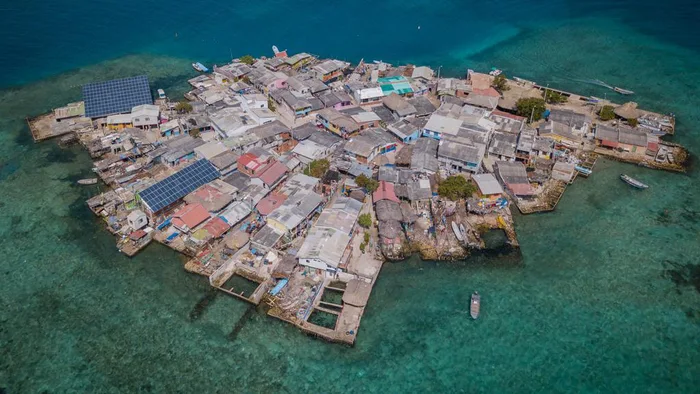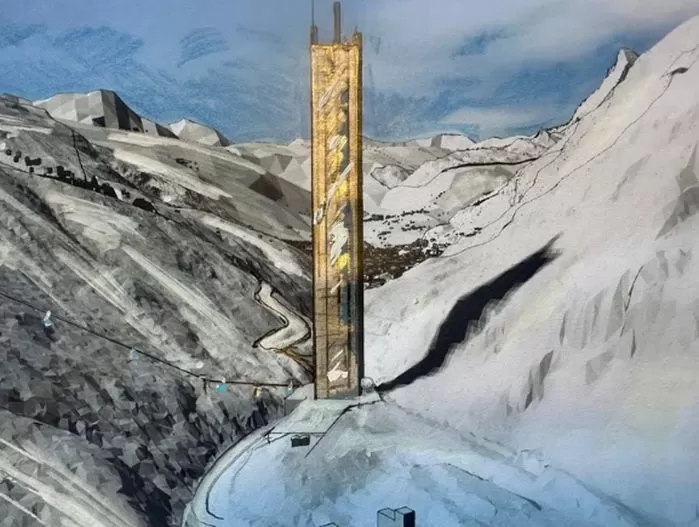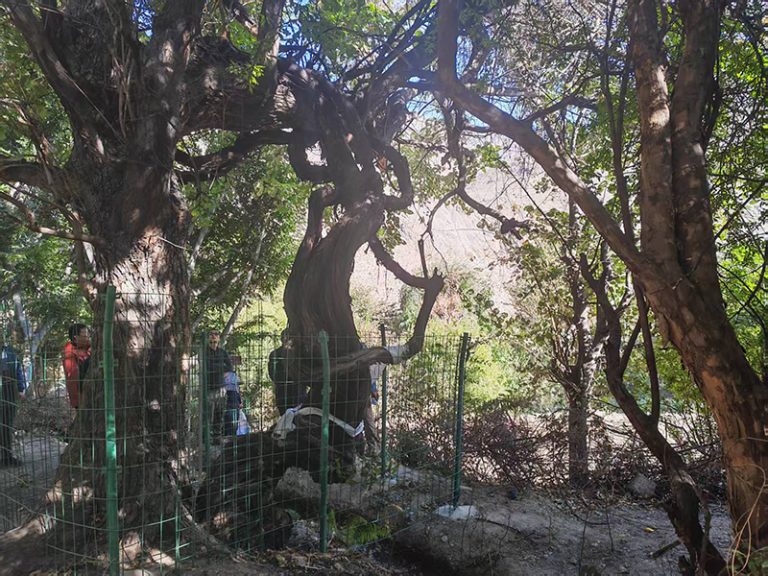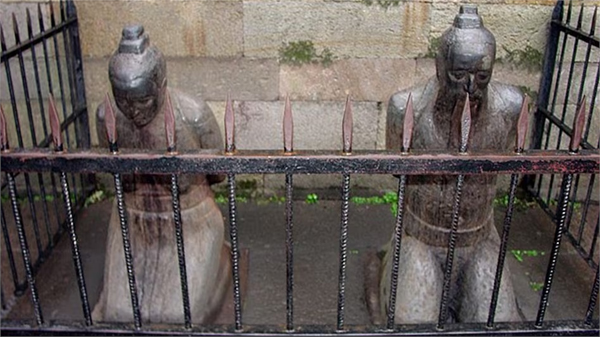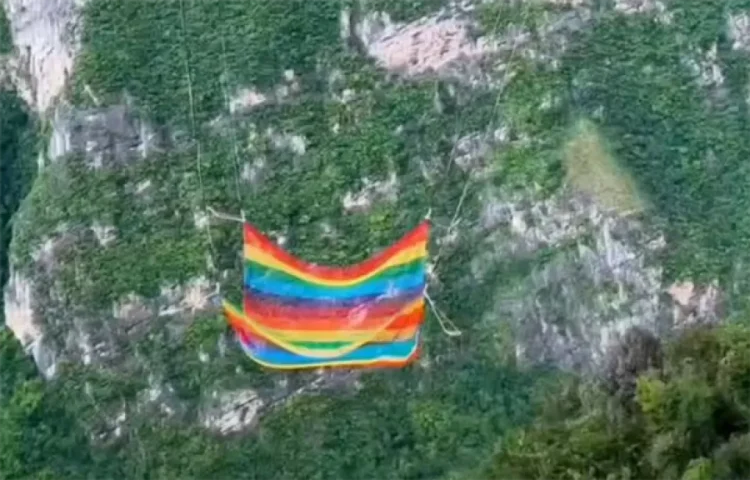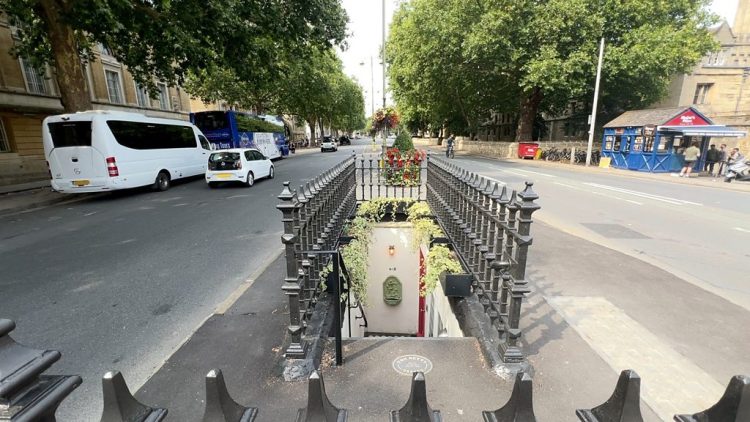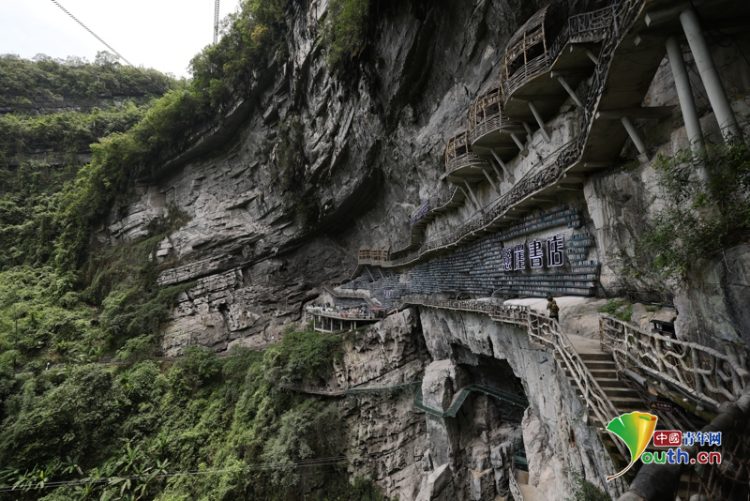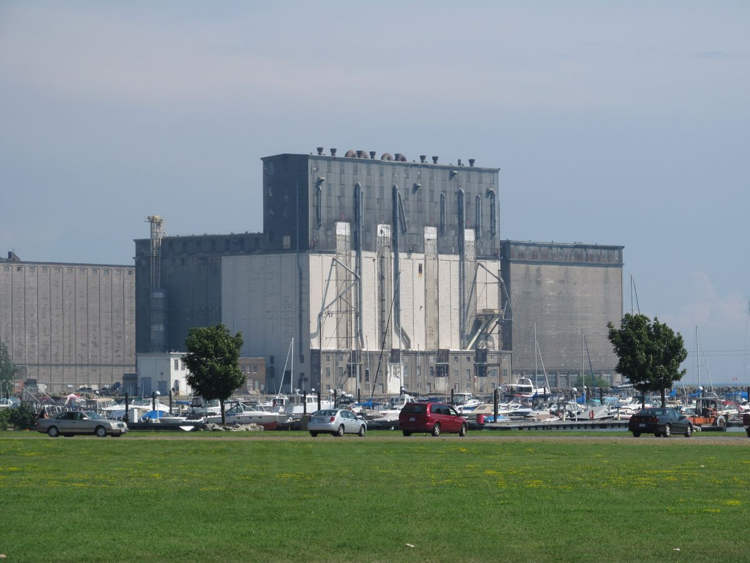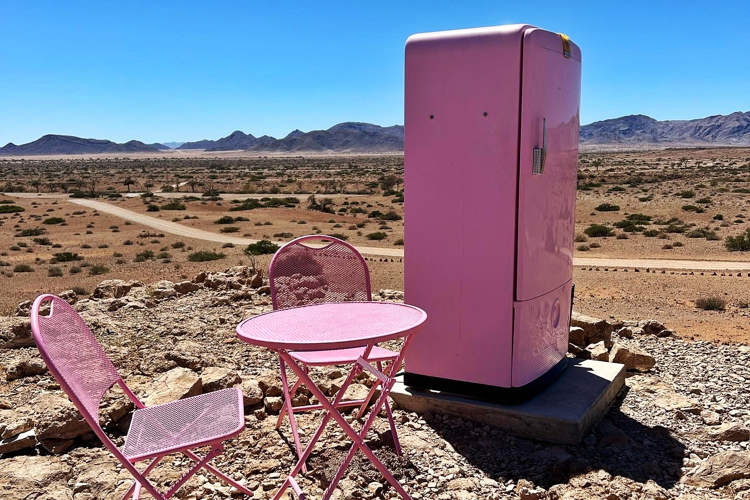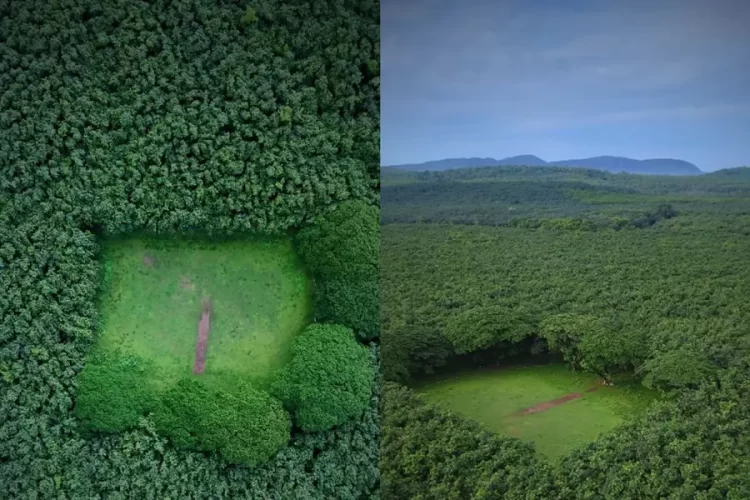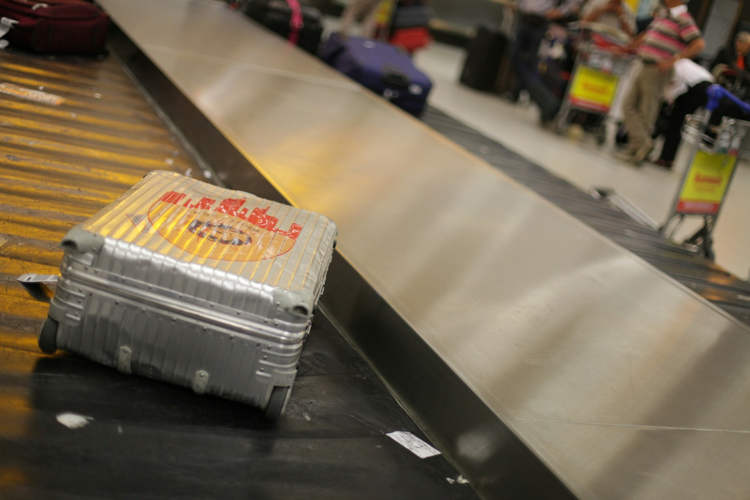The people of Madagascar have a unique ritual to celebrate family ties called Famadihana, also known as ‘turning of the bones’. It is a festival celebrated every 7 years or so, during which family crypts are opened up and the remains of dead ancestors are brought out to be wrapped in a new cloth. The Malagasy then dance with the corpses in great joy. Live music is played, animals are sacrificed and the meat is distributed to various guests and members of the family. The elders explain to their children the importance of the dead who are lying before them. Famadihana is viewed as a day to show your family just how much you love them. Extended families get together and celebrate kinship.
According to Malagasy belief, people are not made from mud, but from the bodies of the ancestors. Hence they hold their forefathers in high regard. They also believe that unless the bodies decompose completely, the dead do not leave permanently and are able to communicate with the living. So until they are gone forever, love and affection is showered on them through the Famadihana festival. It is interesting to note that the festival is not an ancient practice of Madagascar. Its origins cannot be traced beyond the seventeenth century.

Photo: Saveoursmile
Conducting Famadihana these days is pretty costly affair, since it involves elaborate preparations including lavish meals for all the guests and new clothes for the living as well as the dead. Some of the poor do not have family crypts, so they save up for several years to be able to build one, and then hold a festival for their own dead ancestors. Traditionally, it has been considered a serious breach if a family does not hold a famadihana when they are able to afford it. Although, several of the Malagasy differ in opinions regarding this matter. A few of them believe that such a huge expense is simply a waste, and others believe that it is impossible to talk to the dead. Evangelical Protestants completely discourage the custom. However, the Catholic Church views famadihana as a cultural event and not a religious one.
Rakotonarivo Henri, a 55-year-old farmer, recently celebrated famadihana with his family. He danced with the remains of his dead grandfather and aunt. He said, “It is good to thank the ancestors in person because we owe them everything. I am asking them for good health, and of course if they would help me to accumulate wealth, this is also good.” However, Jean Ratovoherison, a 30-year-old technology firm manager, has a different view of things, “We do not believe we can communicate with the dead, but we do believe famadihana strengthens our family between the generations.” There may be conflicts in their beliefs regarding the celebration, but the people of Madagascar do participate with a lot of energy and enthusiasm. As the dead are brought out, tears are discouraged and people revel in the music, dance and joy that the occasion has come to represent.


